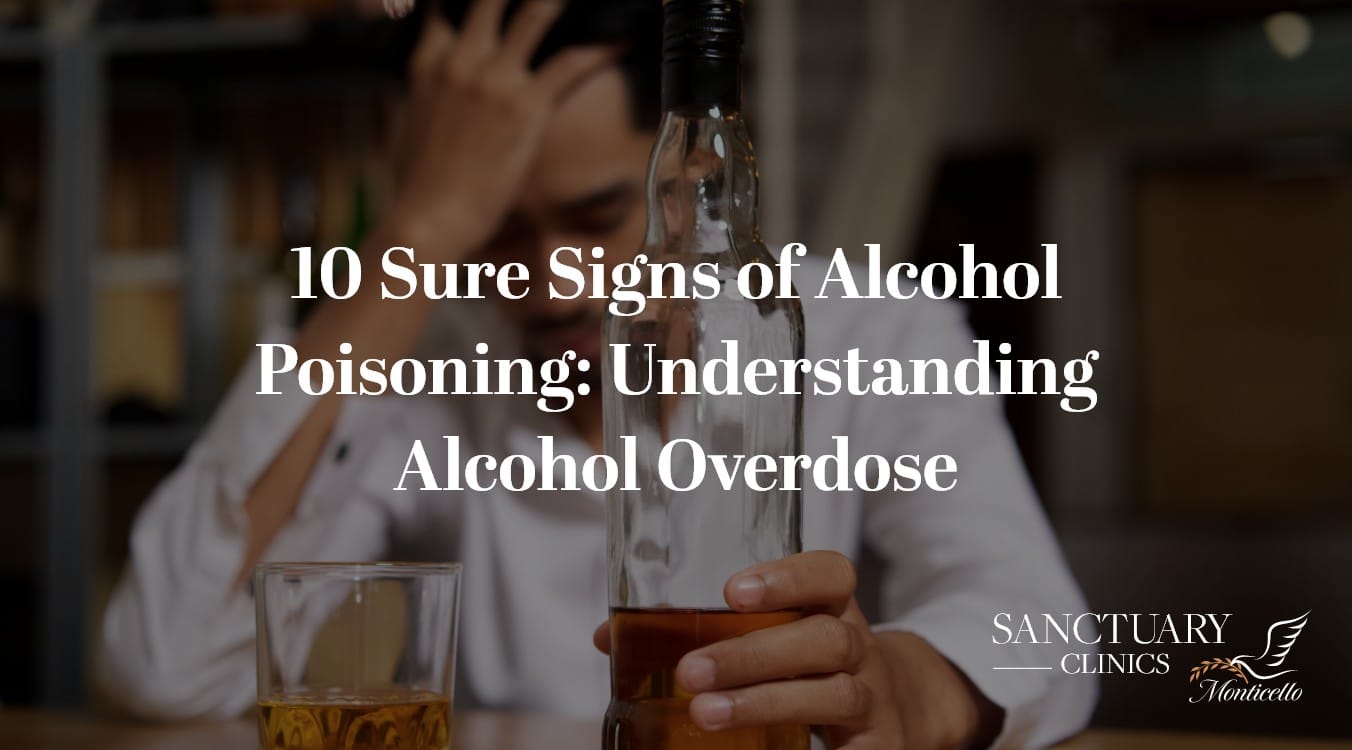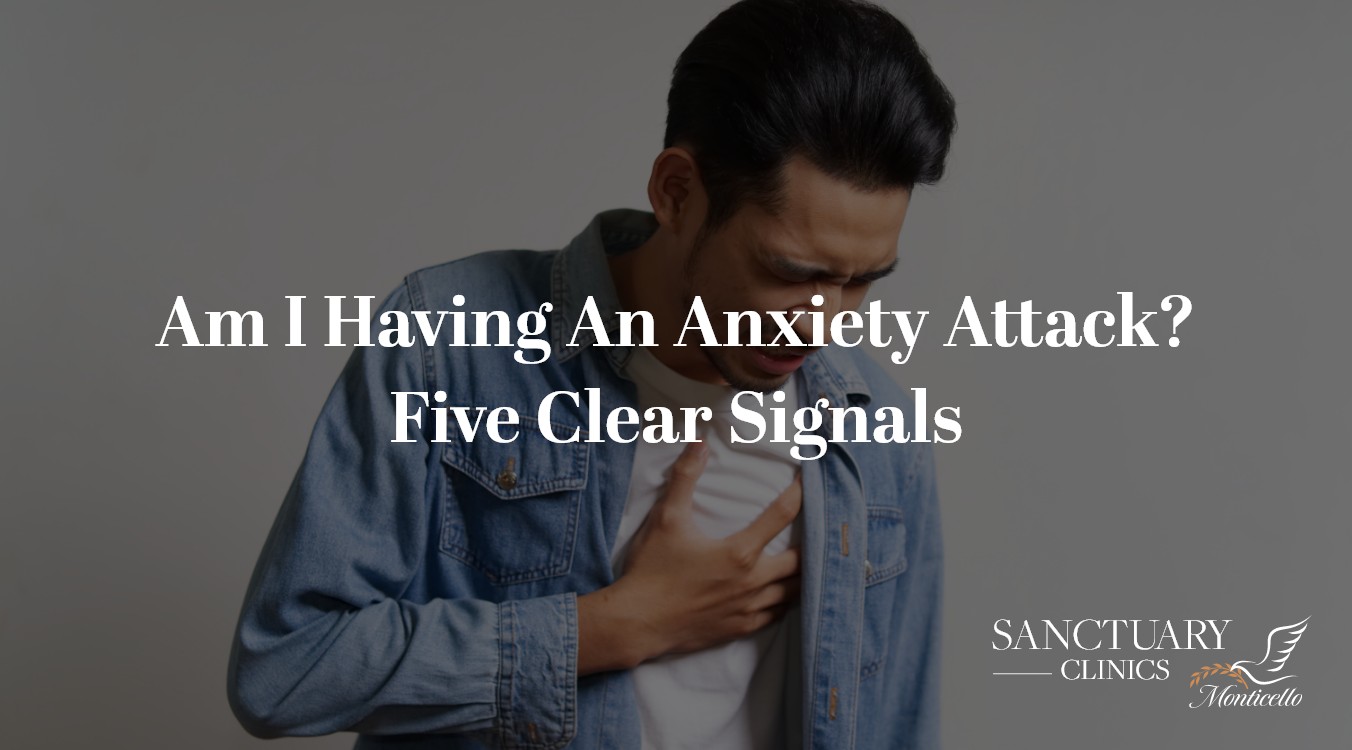As cannabis becomes more widely legalized and generally accepted as ‘safe’ by the American public, studies are showing senior adult hospitalizations due to cannabis use are on the increase in Canada.
Following the legalization of cannabis flower and edibles in Toronto, there has been a significant rise in cannabis related senior adult hospitalizations. The numbers here in the U.S. are following suit. As states here enact legalization, senior adult ER visits for cannabis poisoning are up; a 2023 study done in California documented an 1800% increase since 2005.
It is believed that the increase is largely due to the fact that adults over the age of 65 are often on several medications which can negatively interact with cannabis.
What is Cannabis Poisoning?
Cannabis poisoning (also known as marijuana poisoning and cannabis toxicity) is a non-lethal overdose which happens when someone consumes too much Tetrahydrocannabinol (THC). THC is the main psychoactive component of cannabis and is what creates the ‘high’ feeling. Symptoms of cannabis poisoning include:
- Nausea
- Vomiting
- Depressing thoughts
- Hallucinations
- Increased heart rate
- Chest pain
- Panic or anxiety attacks
- Seizures
- Stroke-like symptoms

The Studies
A study published in JAMA Internal Medicine found seniors’ ER visits were significantly higher from 2019 to 2022, when cannabis was legalized, compared to 2015 to 2018. ER visits doubled after cannabis flower was legalized, and tripled after edibles were legalized. You can be sure these numbers aren’t an accurate representation as they don’t account for seniors who experienced cannabis overdose symptoms but chose not to go to the ER.
In 2020, The American Heart Association stated older adults who use cannabis and not tobacco were 34 percent more likely to develop heart failure. They recommended staying away from any type of cannabis use because of risk to the lungs, heart, and blood vessels.
A professor in the department of clinical pharmacy and physical medicine/rehabilitation at the University of Colorado Skaggs School of Pharmacy and Pharmaceutical Sciences found inhaling cannabis heightens concentrations of blood carboxyhemoglobin (the poisonous gas carbon monoxide), and tar which is very much like the effects experienced when inhaling a tobacco cigarette. Both tobacco and cannabis have been found to increase chest pain, heart muscle disease, heart attacks, heart rhythm disturbances, and numerous other dangerous conditions.
Get Help Today.
We are here to help you through every aspect of recovery.
Let us call you to learn more about our treatment options.
We are here to help you through every aspect of recovery. Let us call you to learn more about our treatment options.
Cannabis Lacks Dosing Instructions
Most cannabis products lack age-specific dosing directions. The only guidance someone might get would be from a dispensary employee. It is important to know these employees are not medical professionals. In addition, seniors may only be familiar with the flower form of cannabis from when they were younger. They would also be familiar with the quick high it brings. Edibles are different in the way the THC enters your bloodstream. Often consumers won’t feel anything right away, which has led to people ingesting more which can result in overdose.
Be Honest with Your Doctor
The very least seniors should do if they are using or intending to use cannabis is have an honest conversation with their doctor. It is imperative to discuss the effect cannabis can have in relation to other medications and supplements being taken. Only your doctor can give you personalized guidance concerning your risks.

What can you do if you think a senior you love is using cannabis?
When approaching a senior about the risks of cannabis use, it’s essential to communicate respectfully your concern for their well-being. Some steps you can take are:
- Choose the right time and place, somewhere you both can be relaxed and uninterrupted.
- Approach them with respect and empathy. They may have a different perspective than you, so make your goal to inform rather than to judge or force your views.
- Show concern. Express your concern for your loved one’s health and well-being. Avoid being accusatory and use “I” statements like, “I’m concerned.”
- Be specific. Talk about potential risks with cannabis, especially in older adults like those mentioned above and the impact on
memory, cognition, and risk of addiction. - Give evidence – Back up your concern with published studies or other reputable sources.
- Listen actively. Let them share their thoughts.
- Give support. If they are interested in quitting, offer your support. Encourage seeking advice from their doctor. If they feel they can’t quit by themselves, suggest calling Sanctuary Clinics.
- Respect their autonomy. Quitting or not is their decision. Respect that while still sharing your concerns.
- Follow up. Check in with them later. This proves you genuinely care about their well-being and are there to support them.
The bottom line: cannabis use must be taken seriously in seniors. Not only is cannabis not the cure-all it’s touted to be, it can have seriously harmful effects on our senior citizens.
Get Help Today.
We are here to help you through every aspect of recovery.
Let us call you to learn more about our treatment options.
We are here to help you through every aspect of recovery. Let us call you to learn more about our treatment options.








